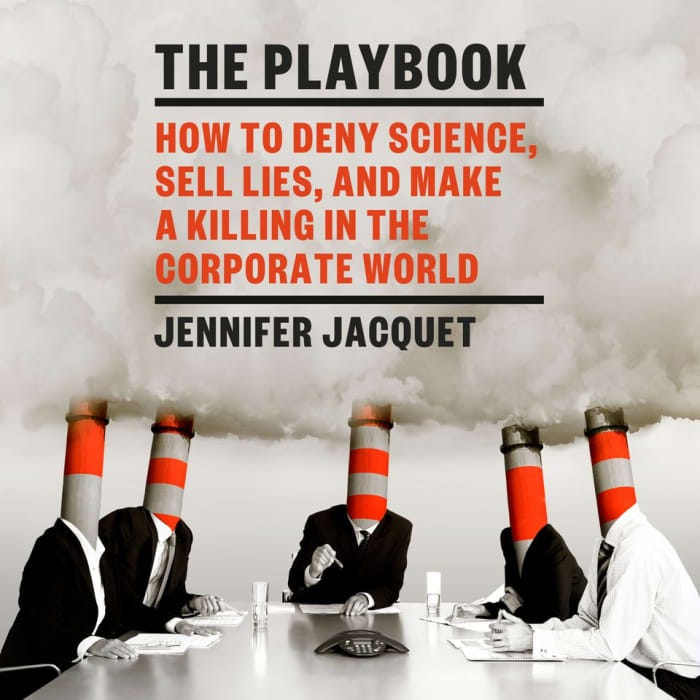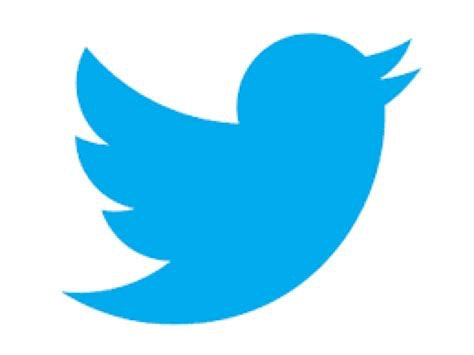Book Reviews
This month two books are offered for review: The Playbook by Jennifer Jacquet and Jonathan Franzen's What If We Stopped Pretending?
The Playbook: How to Deny Science, Sell Lies, and Make a Killing in the Corporate World
Jennifer Jacquet
Pantheon Books 2022
240 pages
The month of August was noteworthy if only for one thing, president Joe Biden signed into law the Inflation Reduction Act, the first significant federal legislation that battles climate change. That’s the good news. The bad news is that it comes to us more than three decades after reputable scientists warned Congress about global warming. The legislation is also less than it could be.
So why, when it comes to fighting perhaps the greatest threat to our children, did we wind up getting so little so late? And why is this predicament so similar to other instances of progress coming so slowly or not at all? Why were Detroit car manufacturers able to evade the mandatory installation of seat belts for so long? How were soft beverage companies able to rally public opinion and harpoon legislation controlling the selling of sugary beverages?
Author Jennifer Jacquet offers answers with The Playbook: How to Deny Science, Sell Lies, and Make a Killing in the Corporate World. Written under the guise that she had somehow donned a cloak of invisibility, infiltrated the corporate world, and absconded with the the holy grail of industry secrets—the playbook—that explains how to obfuscate and lie when truth gets in the way of making profits.
The approach is snarky, and there is some mischievous fun that Jacquet has as she uncloaks the corporate deceivers who have confused the public on the science connecting cigarettes with lung cancer or the industry shills who lied about the science that connects the burning fossil fuels with a warmer planet. It seems that no mendacious industry escapes her scorn. The big, obvious ones are there, big tobacco and the fossil fuel industries, but she also includes the NFL, even tanning salons.
The associate professor of Environmental Studies at New York University, is also comprehensive in covering all the methods and resources industries use in their assaults on the truth. Need an expert to deny climate change? Find a PhD. Does it matter that his doctorate isn’t related to climate science? Not in the slightest. Need some outside help? Set up and fund “independent” front groups, otherwise known as “think tanks” to produce the science that proves your product is safe as mother’s milk. And of course hire lawyers!
Businesses can create faux community organizations or consumer organizations that in reality do the bidding of the corporation. Even sleazier techniques, such as hiring private detectives to investigate bothersome whistleblowers or consumer advocates can be part of a corporation’s plan.
The Playbook is fairly slim, with a text length of 176 pages. It could have been longer. I was often hoping for a bit more detail throughout the book. For example, Jacquet tells us that the Heartland Institute, an industry front group, hired a teenager in 2020 to counter the messages of teen climate activist Greta Thunberg. I was disappointed that she did not include the teen’s name or what sort of campaign he or she may have undertaken.
Despite its conciseness, The Playbook is repetitive. I often felt that I was just getting a rehash of the same sort of dishonesty I had read a few pages before. Portions of chapter six seemed just to be a rewording of chapter five.
I fault Jacquet less for the repetativeness and place the blame more with her publisher and editor. A good editor helps a writer to identify redundancies and omissions. Jacquet had a clever idea for this book, and there was plenty of research she performed for this project. A good editor could have taken her manuscript and turned a good book into a very good book, or possibly a great one.
What If We stopped Pretending?
Jonathan Franzen
Harper Collins 2021
70 pages
Even more concise than The Playbook is Jonathan Franzen’s What If We Stopped Pretending? In the 70 pages of this very small book Franzen claims that the battle over climate change is over. Big business won, raking in billions upon billions in profits. Everybody and everything else lost. We will all suffer more droughts and wildfires. Seas will rise and become ever more acidic. Diseases will now spread to where they have not been before.
In Franzen’s view it is worse than useless to think of successfully holding onto the world as we know it. Our chance to do so is decades past. He says that just as the right fools itself by thinking that climate change is not real or a hoax, the left is delusional to think that we have a chance to stop climate change. Climate change is here and it’s happening.
Franzen has received a lot of grief for his stance. Critics, which include writer and climate activist Bill McKibben, say that this doomerism can have folks throwing up their hands and thinking that any climate action is now useless. McKibben says that Franzen’s thinking equates to climate denialism.
Franzen counters that he is an artist, and the first job of an artist is to tell the truth, and the truth is that we face a climate catastrophe. (Climate scientist Michael Mann says that Franzen (as well as other who hold similar views) doesn’t understand the science of climate change, that there is actually more reasons to hope than Franzen claims.)
Franzen says that, though we face a greatly altered world, it doesn’t mean that we shouldn’t reduce emissions or otherwise fight climate change, that we can still fight to keep the worst of the worse from happening. He says that global heating, such a big and overwhelming concern has distracted humanity from other environmental problems, such as habitat loss for saving species from extinction.
In this case this very small book suffers the same deficiency as The Playbook. Franzen offers no statistics or examples that could back up his claim of distractedness. From my vantage point of working with conservation organizations and keeping up-to-date with others, I don’t know that climate change has diluted any of their efforts to save rainforests or keep the salmon swimming in our streams. Franzen may be correct, but I’ve not been given any reason to believe that he is so.
Franzen shrugs off the accusation of doomerism. He says that giving up on false optimism can actually give us a greater commitment to fight climate change and a greater commitment to conserve land and sea and all the life contained therein.
I would go further. I think if we take on Franzen’s viewpoint, the next frame of mind we can move to is not one of doom and gloom, but one of anger. Anger at the fossil fuel corporations that have lied for decades. Anger at the politicians who enabled them and repeated their lies. Anger can be very destructive. But read the Declaration of Independence and experience the anger in Thomas Jefferson’s words as he enumerates the sins and crimes of King George. Listen to the anger in the voice of Dr. Martin Luther King addressing the throngs he spoke to at our nation’s capital. Anger can really motivate. And good things can get done.
For more environmental science & news follow me on Twitter @EcoScripsit.







